

-
FOR TRADERS
Digitization & Funding
To digitize your trade processes or to seek working capital to expand your business, Triterras offers you the perfect, customized solution tailored to your needs.
-
FOR FUNDERS
Trade Financing
Looking for a lucrative fixed income asset class that offers consistently high-yields with low volatility and minimal market correlation? Triterras simplifies your access to Trade Finance funding opportunities.
-
FOR INVESTORS
Investor Relations
Comprehensive access to SEC filings, press releases, financial results, investor "FAQs", Board of Directors and Corporate Governance policies.
“One of the First Movers”
of Trade Finance platform that addresses the urgent need to Digitize Trade.
Triterras is a global fintech company and is a leading innovator of inclusive finance solutions for the world’s Micro, Small, and Medium Enterprises (MSMEs). Our end-to-end solutions are transforming the trade and trade finance ecosystem by providing economically viable financing to mid-market companies worldwide.




THE ESTIMATED GAP IN TRADE FINANCE1
Triterras is reinventing trade and redefining trade finance with our industry-leading blockchain-enabled trade finance platform, Kratos.
1ASIAN DEVELOPMENT BANK, ADB.ORG, 2023
Triterras’ trade finance solutions for MSMEs are designed to help forge new trading partnerships, discover new liquidity pools, and establish new business models.
Through distributed ledger technology, Triterras provides access to smart contracts, enhanced security features, robust control capabilities, and a real-time entryway to new sources of trade finance.
2WORLD TRADE ORGANISATION, WTO.ORG, 2022


Enabling inclusive financial solutions
-
For Traders - Trade Digitization
Exporters can modernize the supply chain and accelerate trade by connecting seamlessly with trade finance lenders and partners.
-
For Traders - Capital Financing
Traders can unlock access to working capital and gain a competitive edge to grow and expand in the global markets.
-
For Funders
Institutional investors can diversify portfolios with trade finance a fixed-income asset class that offers strong yields, low default rates and other compelling strategic benefits.
-
Triterras Inc.
(OTC Expert Market: TRIRF)Connects clients to the global markets ecosystem and offers institutional-grade market access, end-to-end clearing and execution, and high-touch expertise.
Achieving Digital Transformation
in Trade and Trade Finance
reshaping the future of international trade & trade finance
Identify new markets and opportunities.
Our Kratos platform offers transparent, risk-mitigated, and standardized trade finance and trade credit insurance solutions to help uncover profitable trade opportunities.
Establish leadership in a new era of trade.
Our blockchain-enabled hubs and business networks provide the framework to operate with greater trust and transparency in cross-border trading.
Facilitate leadership in trade.
Through digitization, comes transparency and the flow of data. A seamless digitized trading system simplifies the process to kickstart, accelerate, and break new ground for direct participation in the market.
Boost digitization and automation.
Digital technologies improve supply-chain efficiency and transparency and promote adoption at scale. Our efficient tools and automated, data-driven processes make supply chains more reliable and robust.
Improve security, privacy & integrity.
Our blockchain-based supply chain enables absolute transparency and privacy, increasing confidence and control.
Trusted business expertise.
We offer reliable trade processes, streamlined integration of complex systems, and distributed ledger expertise accumulated over decades.




testimonials
Triterras’ collaborative nature encourages staff to exchange ideas freely, sparking creativity leading to ground-breaking solutions that benefit our clients, earning only their trust and loyalty, but also set us up as a prominent leader in the trade finance industry. Working at Triterras has been an immensely rewarding experience, on both professional and personal levels. Colleagues are like friends and mentors, always ready to offer support and guidance. My career with Triterras has been nothing short of extraordinary. I’m immensely grateful for the opportunities and support that I have experienced thus far. I look forward in great anticipation to contribute towards Triterras’ continued success and growth.


It has been nearly 3 years since the end of year 2020 when I applied to establish my career in Triterras as its Customer Success Executive. Since then, I have grown to adore and look forward daily to work closely with some of the brightest, friendliest, and hard-working individuals, where every day also presents new learnings which encourages me to pursue never-ending growth and to pick up new skills, enabling me to do my job in better and in more efficient ways with the new knowledge learnt.


In my challenging and exciting role as a Customer Success Executive at Triterras, I find myself constantly surrounded by extremely talented, yet humble individuals who hail from diverse industries and expertise coming together to learn and contribute in our respective roles, towards the success of the organization. Every day brings great vibes and high energy, as nothing beats having supportive colleagues who are more than willing to share their experiences through mentorship. Being in such an environment makes me feel like I can develop my career, hone my skillset and yet enjoy my time here.


I applied for a career with Triterras because I was seeking a challenging opportunity in my banking operations field of expertise. What’s more, Triterras has policies in place that encourage respect, trust, empathy, and support for one another. I am continuously given opportunities to learn and develop new skills, allowing me a sense of satisfaction and fulfilment in my work area. During the Covid period, though I worked from my hometown instead of the office in Dubai, I was still entitled to all the benefits of new workplace. For aspiring job seekers looking to join Triterras, I am happy to share that Triterras is certainly a place to go to for ample opportunities for professional career growth.


Awards & Certifications


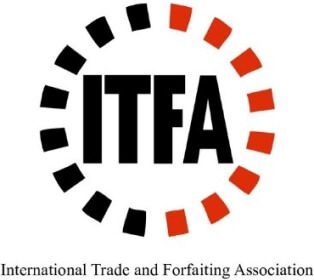







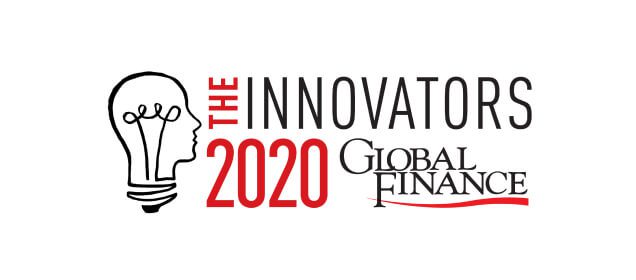









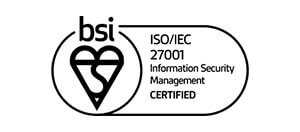

LATEST News & insights


FinTech’s Green Revolution: Nurturing Sustainable Practices Among Small Businesses
- 09/04/24


Revolutionizing Trade Finance with Tech, Collaborations & SME Empowerment
- 13/03/24


Triterras Announces Collaboration with Card Cutters
- 31/01/24


How blockchain is reshaping UAE trade
- 24/01/24


Invoice Bazaar collaborates with Cari for financing solutions to Restaurants
- 23/01/24


How Embedded Finance Transforms Supply Chains, Fuels Unprecedented Growth
- 17/01/24
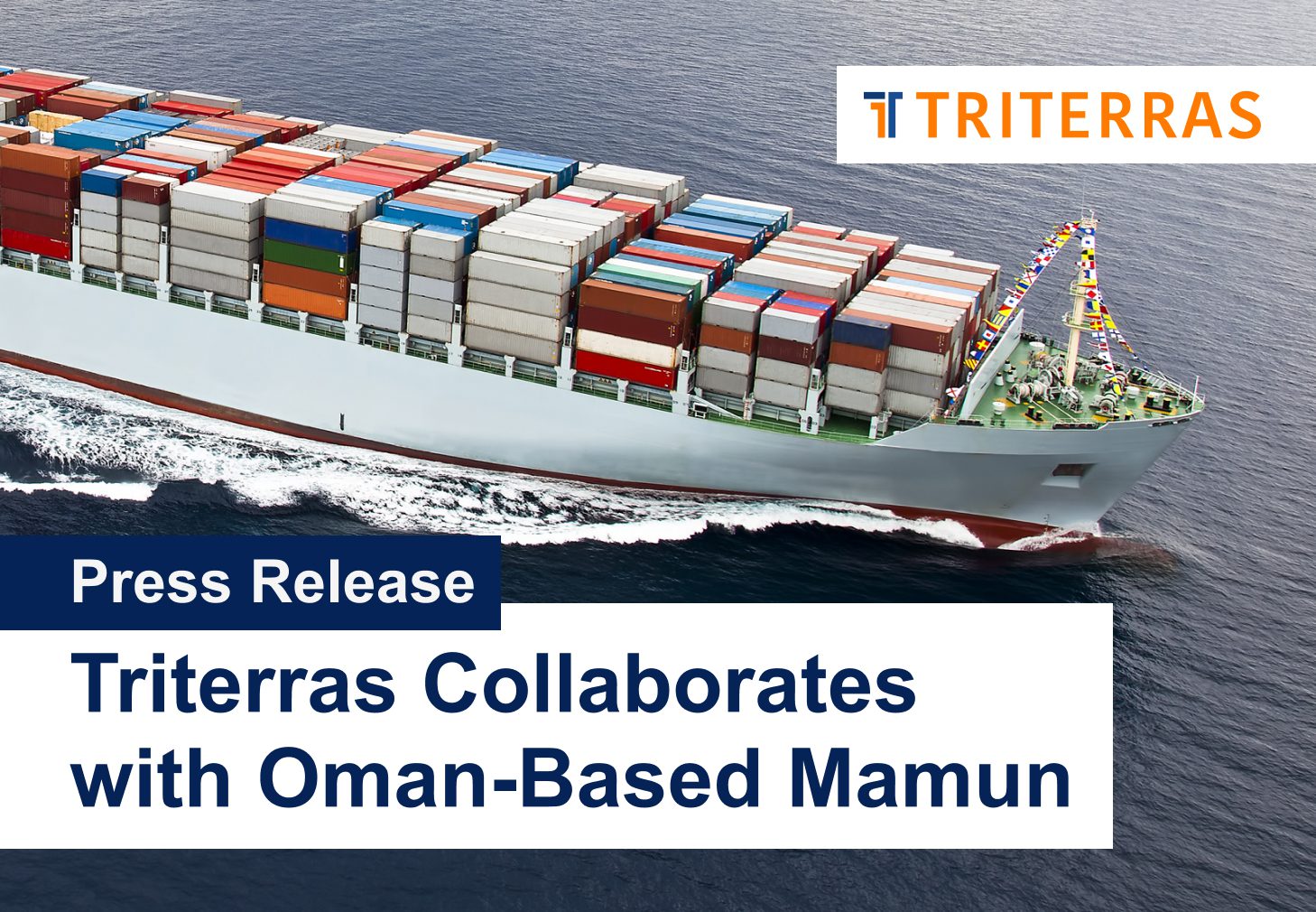

Triterras Collaborates with Oman-based Mamun
- 19/12/23


Revolutionizing Trade Finance: Visionary Dive into the FinTech Landscape
- 13/12/23


How SMEs can navigate Trade Finance challenges in the UAE
- 06/12/23


World Trade Board launches plan to empower SMEs through trade and finance
- 15/11/23
The Changing Face of Supply Chain Finance: New Corridors & New Techniques
- 10/11/23
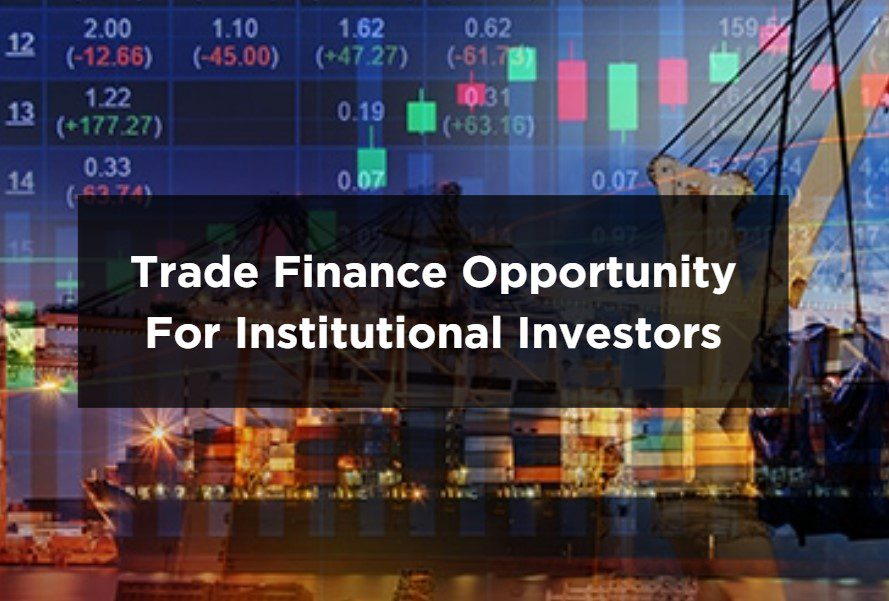

Trade Finance: An Expanding Opportunity For Institutional Investors
- 08/11/23
